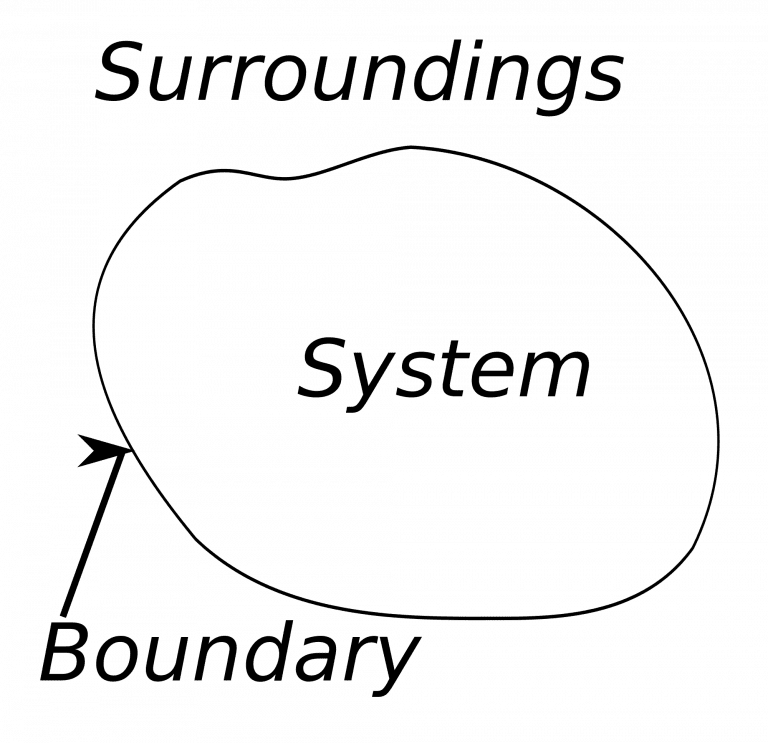 I once took a friend of mine from Germany to a Milwaukee Brewers baseball game. He was greatly bothered by the pre-game custom of presenting the flag and everyone standing to sing the National Anthem. Such patriotism, he said, is wrong, is dangerous! I realized then that his society has had a very different experience with patriotism–and thousands of people gathering in stadiums to sing hymns to the fatherland–than our has had.
I once took a friend of mine from Germany to a Milwaukee Brewers baseball game. He was greatly bothered by the pre-game custom of presenting the flag and everyone standing to sing the National Anthem. Such patriotism, he said, is wrong, is dangerous! I realized then that his society has had a very different experience with patriotism–and thousands of people gathering in stadiums to sing hymns to the fatherland–than our has had.
Postmodernist academics condemn all “totalizing” discourses and ways of thinking–that is, ideologies or religions that attempt to account for all of life–along with all “meta-narratives” (stories that explain all other stories). Why? Because of the Nazis.
The conventional wisdom in these circles is that Nazism comes from believing anything too much. That the way to prevent Nazism from coming back is to reject all objective belief systems in favor of a general openness to existence. (Never mind that, as I have shown, Nazism actually derived from the forebears of postmodernism who repudiated all moral and intellectual absolutes as “Jewish,” insisting on constructing new realities expressive of a national will to power.)
Now the editor of First Things, R. R. Reno, has written a book on this phenomenon, which manifests itself today in the West’s repudiation of its own culture and its inability to assert itself. The book is entitled Return of the Strong Gods: Nationalism, Populism, and the Future of the West.
Texas A&M political science professor James R. Rogers (a member of the Lutheran Church Missouri Synod) reviews the book at Law & Liberty. This is one of those especially useful reviews that not only explains the book’s position but engages with it in a way that advances the discussion and criticizes where it falls short.
From James R. Rogers, The Inescapable Particularity of Strong Gods:
Western elites, he argues, overreacted to the nationalist horrors of World War II, and threw out salutary commitments to nation, family, and religion in an understandable desire to deter revival of the forces that led to that devastating conflict. . . .
In recoiling from the horrors of nationalism in the first half of the century, Reno argues, Western elites after the war led a philosophical war on all boundaries, all particular commitments: political boundaries, economic boundaries, social boundaries.
Prof. Rogers quotes from the book: “In the second half of the twentieth century, we came to regard the first half as a world-historical eruption of the evils inherent in the Western tradition, which can be corrected only by the relentless pursuit of openness, disenchantment, and weakening.” This meant breaking down all boundaries–national boundaries (thus the ideology of unlimited immigration), cultural boundaries (in favor of multi-culturalism), religious boundaries (in favor of liberal ecumenism), moral boundaries (as in the sexual revolution), and now even the boundaries between men and women (feminism and transgenderism).
Quoting from the book once again:
This is absurd. It is not 1938. Our societies are not gathering themselves into masses marching in lockstep. . . . Instead, our societies are dissolving. Economic globalization shreds the social contract. Identity politics disintegrates civic bonds. A uniquely Western anti-Western multiculturalism deprives people of their cultural inheritance. Mass migration reshapes the social landscape. Courtship, marriage, and family no longer form our moral imaginations. Borders are porous, even the one that separates men from women.
Prof. Rogers summarizes Reno’s subsequent argument:
Recoiling from the horrors of World War II and the movements that led to it, Western elites embraced “the weak gods of openness.” Reno argues that human flourishing requires boundaries, and only the “strong gods” of family, nation, and religion will do.
This strikes me as a persuasive account of why the West lost its nerve and why “the weak gods of openness,” having done their damage, are now obsolete. Reno calls for the restoration of “strong gods”–above all, the actual deities of actual religions–along with the restoration of national, cultural, religious, moral, and sexual boundaries. These do not lead to Nazism, but are necessary for human flourishing.
But Prof. Rogers says that Reno drew back from his own conclusions.
The main problem with Reno’s argument is that it lacks the very particularity for which he criticizes liberalism. “In an age that, he argues, begs for the power of the particular, he treats the ‘strong god’ of religion in terms more appropriate to the vapid religiosity of the 1950s than to the needs of the present.”. . .
The irony is Reno genuflects to the same weak god of openness and borderlessness in his invocation of a generic neo-Romantic religiosity and a free-floating sacredness. Whether it’s the aesthetic and abstract itch of the Romantic era that something amorphously “sacred” and “transcendent” is out there, or a 1950s, Eishenhower-style latitudinarianism that commends a “deeply felt religious faith, I don’t care what it is,” there is no particularity.
Reno is a Catholic, but he stops short of invoking the Christian God as the “strong god” that society needs.
There are very practical reasons to eschew religious particularity in his argument. Reno goes shallow for exactly the same reason that the liberal theorists he criticizes commend openness: Particularity divides. And so Reno purchases his intellectual reach at a steep cost, because there is no power in the generic. The generic religiosity of the 19th century Romantics never took off, just as the generic commitments of 1950s religion led only to the collapse of the mainline churches that embraced it.
Reno recognizes this in writing the obvious—that he does not desire a return of the strong forces of the sort that led to World War II. Yet here, on this ground, might even Reno reasonably prefer to live under the weak gods rather than live under the wrong strong god?
Prof. Rogers points out that strong gods, including those of family or nation, can be in conflict with each other. Jesus would often warn about putting even one’s family above Him. Allegiance to the nation can be virtuous, but it can also be idolatrous. The Christian God is so strong that His claims upon us are all-comprehensive. His law, though, His providential care for His creation, and His active presence in vocation do provide a basis for family, communities, nations, and our other relationships. As long as we don’t make them “gods,” whether strong or weak.












